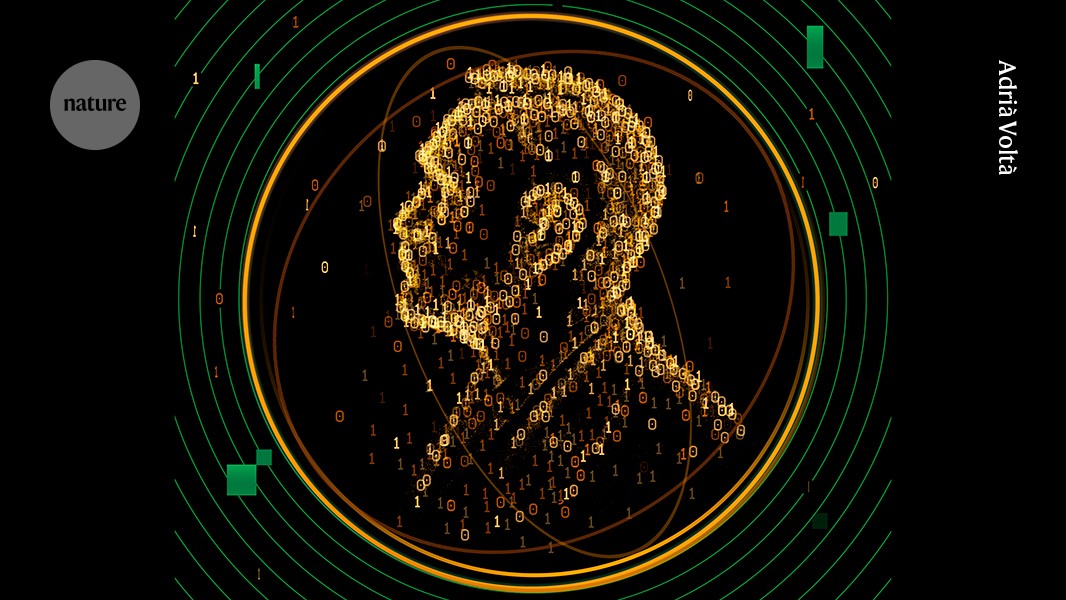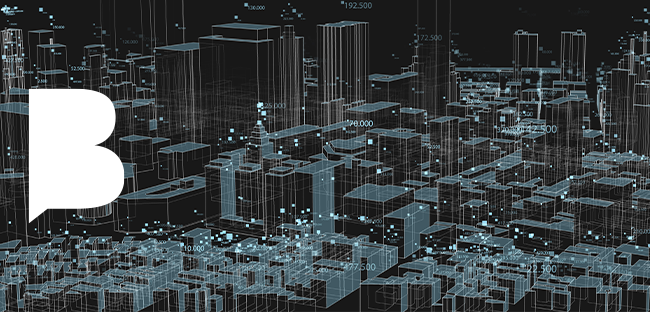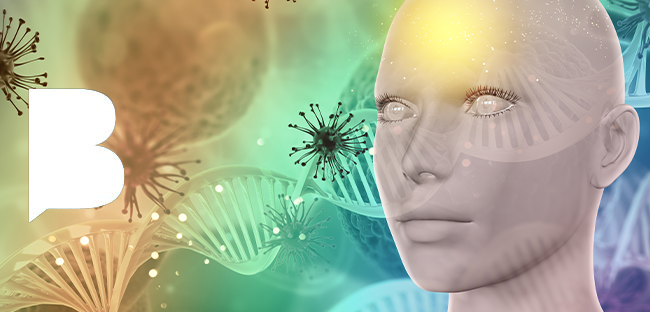
3 – 10 October 2025
HIGHLIGHT OF THE WEEK
New rules for the digital playground
A new wave of digital protectionism is taking shape around the world — this time in the name of children’s safety.
Denmark is preparing to ban social media for users under 15, joining a small but growing club of countries seeking to push minors off major platforms. The government has yet to release full details, but the move reflects a growing recognition across many countries that the costs of children’s unrestricted access to social media — from mental health issues to exposure to harmful content — are no longer acceptable.
For inspiration, Copenhagen does not have to look far. Australia has already outlined one of the most detailed blueprints for a nationwide ban on under-16s, set to take effect on 10 December 2025. The law requires platforms to verify users’ ages, remove underage accounts, and block re-registrations. Platforms will also need to communicate clearly with affected users, although questions remain, including whether deleted content will be restored when a user turns 16.
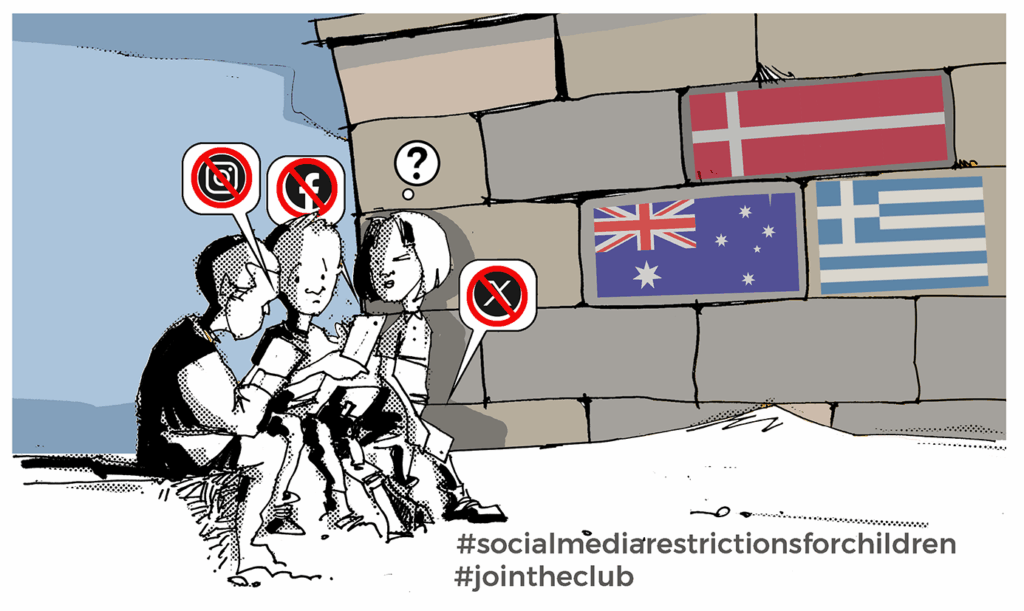
In Italy, families have launched legal action against Facebook, Instagram, and TikTok, claiming that the platforms failed to protect minors from exploitative algorithms and inappropriate content. Across the Atlantic, New York City has filed a sweeping lawsuit against major social media platforms, accusing them of deliberately designing features that addict children and harm their mental health.
In the EU, the debate over how to protect children online is entangled with a parallel fight over privacy and surveillance. Within the EU Council, a meeting of home affairs ministers taking place next week was expected to include a vote on the long-discussed ‘Chat Control’ regulation proposal, which aims to combat the distribution of child sexual abuse material (CSAM). This proposal is no longer on the agenda, as member states don’t seem to be in agreement on the current text; the vote is said to be postponed for December.
According to the most recent version of the draft regulation, a chat service can be required to screen users’ messages before they are sent and encrypted, but only after a decision from a judicial authority. The system would then search for images of child sexual abuse that are already in databases, while text messages themselves would not be reviewed. Although these provisions were presented as safeguards, not everyone is in agreement, and concerns remain over implications for privacy and encryption, among other issues.
Why it matters: Together, these developments suggest that the era of self-regulation for social media may be drawing to a close. The global debate is not about whether the digital playground needs guardians, but about the final design of its safety features. As governments weigh bans, lawsuits, and surveillance mandates, they struggle to balance two imperatives: protecting children from harm while safeguarding fundamental rights to privacy and free expression.
IN OTHER NEWS THIS WEEK
Decisive actions in AI governance
The world is incessantly debating the future and governance of AI. Here are some of the latest moves in the space.
Italy has made history as the first member state in the EU to pass its own national AI law, going beyond the framework of the EU’s Artificial Intelligence Act. From October 10, the law comes into effect, introducing sector-specific rules across health, justice, work, and public administration. Among its provisions: transparency obligations, criminal penalties for misuse of AI (such as harmful deepfakes), new oversight bodies, and protections for minors (e.g. parental consent if under 14).
In Brussels, the European Commission is simultaneously strategising for digital sovereignty – trying to break the EU’s dependence on foreign AI infrastructure. Its new ‘Apply AI’ strategy aims to channel €1 billion into deploying European AI platforms, integrating them into public services (health, defence, industry), and supporting local tech innovation. The Commission also launched an ‘AI in Science’ initiative to solidify Europe’s position at the forefront of AI research, through a network called RAISE.
Meanwhile, across the Atlantic, California has signed into law a bold transparency and whistleblower regime aimed at frontier AI developers – those deploying large, compute-intensive models. Under SB 53 (the Transparency in Frontier Artificial Intelligence Act), companies must publish safety protocols, monitor risks, and disclose ‘critical safety incidents.’ Crucially, employees who believe there is a catastrophic risk (even without full proof) are shielded from retaliation.
The bigger picture: These moves from Italy, the EU and California are part of a broader trend in which debates on AI governance are giving way to decisive action.
Beijing tightens rare earth grip
China has tightened its grip on the global tech supply chain by significantly expanding its restrictions on its rare earth exports. The new rules no longer focus solely on raw minerals — they now encompass processed materials, manufacturing equipment, and even the expertise used to refine and recycle rare earths. Exporters must seek government approval not only to ship these elements, but also for any product that contains them at a level exceeding 0.1%. Licences will be denied if the end users are involved in weapons production or military applications. Semiconductors won’t be spared either — chipmakers will now face intrusive case-by-case scrutiny, with Beijing demanding full visibility into tech specifications and end users before granting approval.
China is also sealing off human expertise. Engineers and companies in China are prohibited from participating to rare earth projects abroad unless the government explicitly permits it.
A critical moment: The timing of this development is no accident. With US-China tensions escalating and high-level talks between Presidents Trump and Xi on the horizon, Beijing is brandishing what could be described as a powerful economic weapon: monopoly over the minerals that power advanced electronics.
New COMESA platform enables instant, affordable cross-border payments
The Common Market for Eastern and Southern Africa (COMESA) Clearing House (CCH) has announced the advancement of its Digital Retail Payments Platform (DRPP) into user trials across the Malawi–Zambia corridor. This initiative aims to facilitate cross-border payments using local currencies, enhancing financial inclusion and supporting micro, small, and medium enterprises (MSMEs), women, and underserved communities.
The trials, supported by two digital financial service providers and one foreign exchange provider, mark a significant step toward a secure and inclusive regional payment system. CCH encourages active participation from partners and stakeholders to refine and validate the platform, ensuring it delivers reliable, immediate, and affordable payments that empower individuals and businesses across the region.
The DRPP is part of CCH’s broader mission to promote economic growth and prosperity through intra-regional trade and integration. By bridging national markets and reducing barriers to trade, the platform seeks to create a financially integrated COMESA region where secure, affordable, and inclusive cross-border payments power trade, investment, and prosperity.
Superconducting breakthrough wins 2025 Nobel Prize in physics
The 2025 Nobel Prize in Physics was awarded to John Clarke, Michel H. Devoret, and John M. Martinis for demonstrating that quantum mechanical effects can occur in systems large enough to be held in the hand.
Their pioneering experiments in the mid-1980s used superconducting circuits – specifically Josephson junctions, where superconducting components are separated by an ultra-thin insulating layer. By carefully controlling these circuits, the laureates showed that they could exhibit two hallmark quantum phenomena: tunnelling, where a system escapes a trapped state by passing through an energy barrier, and energy quantisation, where it absorbs or emits only specific amounts of energy.
Their work revealed that quantum behaviour, once thought to apply only to atomic particles, can manifest at the macroscopic scale. The discovery not only deepens understanding of fundamental physics but also underpins emerging quantum technologies, from computing to cryptography.
As Nobel Committee Chair Olle Eriksson noted, the award celebrates how century-old quantum mechanics continues to yield new insights and practical innovations shaping the digital age.
LOOKING AHEAD
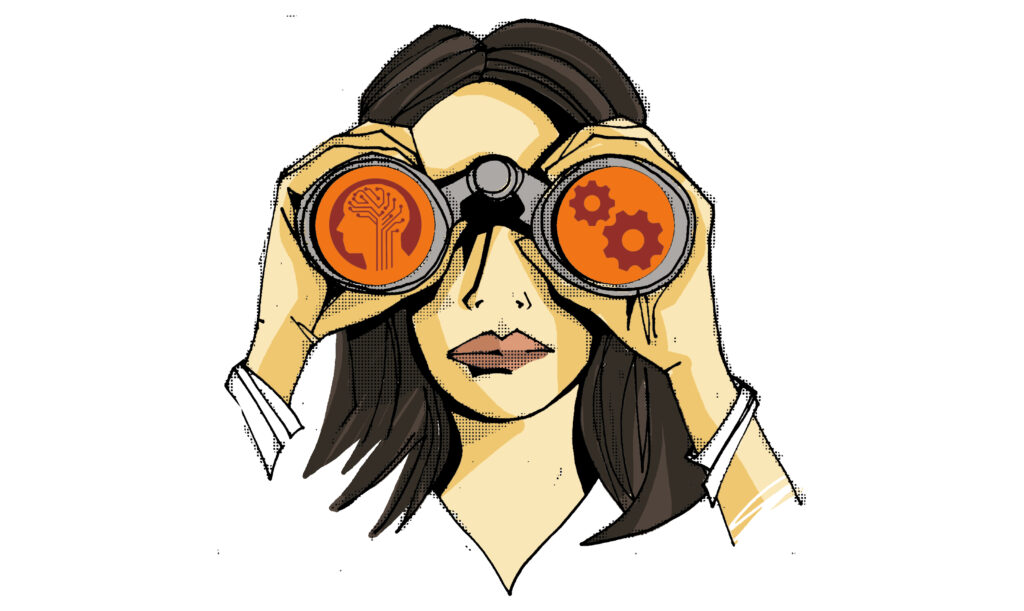
80th session of the UNGA First Committee
The 80th session of the UN General Assembly First Committee on Disarmament and International Security is taking place in New York from 8 October to 7 November 2025. The general debate on all disarmament and international security agenda items will run from Wednesday, 8 October, to Friday, 17 October. Among the topics expected to be discussed is the Global Mechanism, which is set to succeed the work of the OEWG. A briefing by the Chairperson of the Open-ended Working Group on security of and in the use of information and communications technologies 2021-2025 is scheduled for 27 October.
In parallel, UNIDIR is hosting a hybrid event on the UN Global Intergovernmental Points of Contact (POC) Directory, established following the OEWG 2021–2025, to support international cooperation on disarmament and security.
WSIS+20 review process
The written contributions to the WSIS+20 zero draft have now been published, providing a foundation for the upcoming discussions.
UN DESA will host two days of virtual consultations to review the ‘Zero Draft’ of the WSIS+20 process. Member states and stakeholders from civil society, academia, technical communities, and international organisations will discuss digital governance, bridging digital divides, human rights, and the digital economy. Sessions are designed for inclusive, global participation, offering a platform to share experiences, provide feedback, and refine the draft ahead of the second Preparatory Meeting on 15 October.
Informal negotiations on the draft are set to begin next week, taking place on 16–17 and 20–21 October 2025.
Geneva Peace Week 2025
The 2025 edition of Geneva Peace Week will bring together peacebuilders, policymakers, academics, and civil society to discuss and advance peacebuilding initiatives. The programme covers a wide range of topics, including conflict prevention, humanitarian response, environmental peacebuilding, and social cohesion. Sessions this year will explore new technologies, cybersecurity, and AI, including AI-fueled polarisation, AI for decision-making in fragile contexts, responsible AI use in peacebuilding, and digital approaches to supporting the voluntary and dignified return of displaced communities.
GESDA 2025 Summit
The GESDA 2025 Summit brings together scientists, diplomats, policymakers, and thought leaders to explore the intersection of science, technology, and diplomacy. Held at CERN in Geneva with hybrid participation, the three-day programme features sessions on emerging scientific breakthroughs, dual-use technologies, and equitable access to innovation. Participants will engage in interactive discussions, workshops, and demonstrations to examine how frontier science can inform global decision-making, support diplomacy, and address challenges such as climate change and sustainable development.
READING CORNER
Other researchers question whether autonomous AI scientists are possible or even desirable. Other researchers question whether autonomous AI scientists are possible or even desirable.
They don’t talk treaties; they talk APIs. Discover how tech ambassadors are navigating the complex relationship between cities and big tech.
Discover how generative AI is designing synthetic proteins that outperform nature, revolutionising gene therapy and accelerating the search for new medical cures.
The report takes stock of the current role the postal sector is playing in enabling inclusive digital transformation and provides recommendations on how to further scale its contribution.


